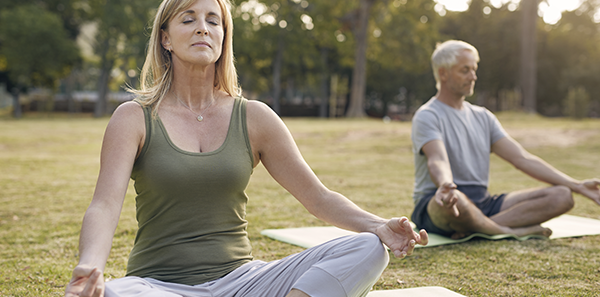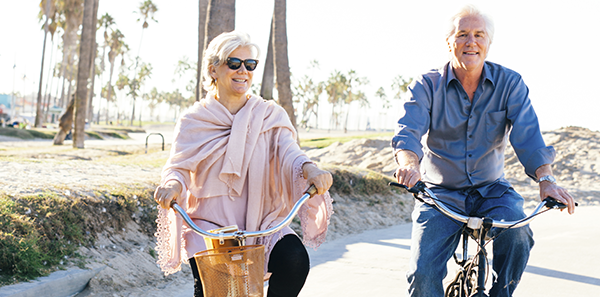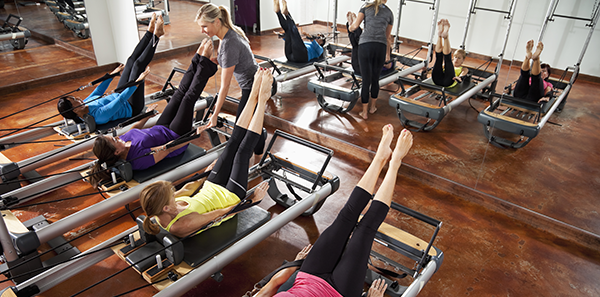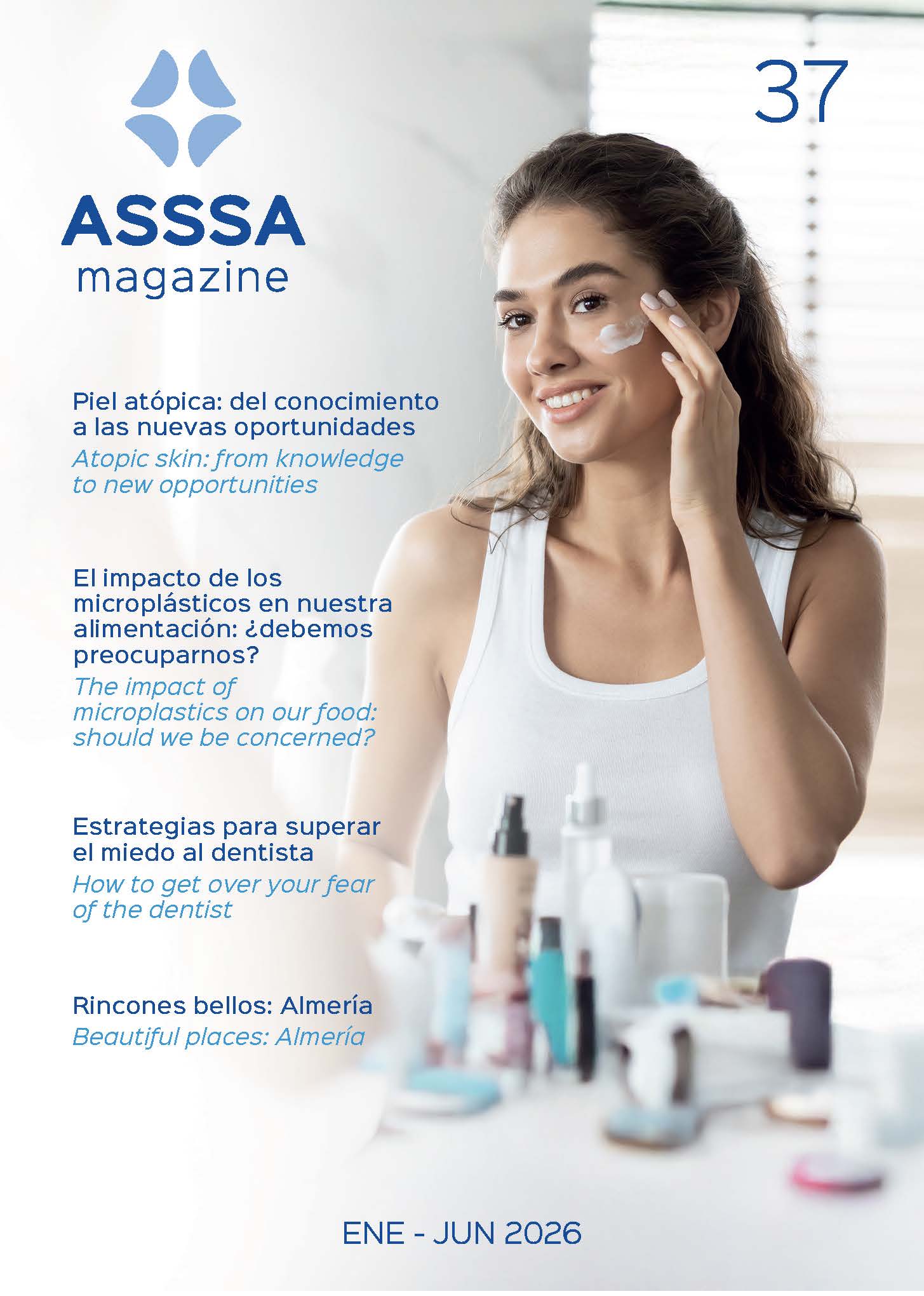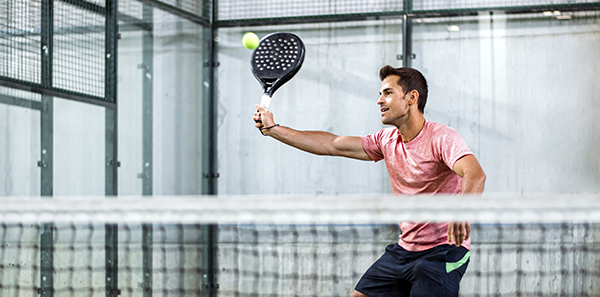
Padel is definitely here to stay. Several years ago, in its early days, it was seen as an elitist sport that was accessible to few in Spain; however with time, it has successfully found a place and is now a sport of reference, as it is increasingly common to find courts with players of all levels.
At ASSSA, we are committed to the sport, as demonstrated by the recent sponsorship of the Paddle School of the Alicante Country Club, through which we are fulfilling our promise of supporting and promoting habits of a healthy lifestyle.
To understand the benefits of this rising sport better, Sergio Eguia María, the team’s coach, tells us about his experience as an instructor.
What do you think has caused the expansion of padel in recent years? Do you think it will continue to grow?
Padel is a very easy sport to learn, and it also has a social component that is continuously catching more people’s attention. It has a special something that makes it fun for players of all levels. Because of the boom it’s experiencing, and from my experience as a coach, I think that it is going to continue growing, seeing as there are more fans stepping on the court every day.
How would you describe the typical player at the amateur level? Is the sport recommended for any age?
You can find all types of players, from children to senior citizens. The sport is definitely recommended for all ages.
For those starting out in the sport, is it important to have a good command of the technique from the beginning? Is it necessary to be physically fit?
At the beginners level, it is not as important to have a good command of the technique; even people who have never played sports are able to learn how to play quickly. All that is needed is basic coordination and a strong desire to learn. It’s important to be in good physical condition to prevent injuries since padel is aggressive in terms of movement, but when playing at a lower level, it’s not essential.
In that case, what would you consider to be most important when starting out?
Enthusiasm, without a doubt. At the club, we have a student playing adapted padel who is ranked second in her category at a national level. She is a clear example of how, with enthusiasm and perseverance, it’s possible to achieve any goal.
What roles do a healthy diet and rest play when practising padel?
As with all sports, both contribute to achieving better performance in the game.
How many hours of practice are recommended per week for those who want to stay in shape? Normally, training for a couple hours and playing an occasional game is enough. If we are talking about the competitive level, the recommendation would be to train for three to four hours per week.
What are the practices prior to a tournament like? What aspects are often worked on with greater intensity?
The practices vary depending on a range of factors; for example, we look at who we will be playing against, if it is indoor or outdoor, etc. Preparing the player mentally in advance is crucial in achieving better performance in the matches.
Reflexes are important in padel. How do you train to improve them?
There are different ways of improving reflexes. One of the easiest, for example, is standing opposite the player with a ball in each hand and dropping one of them so the student has to catch it.
What would you consider to be the most difficult aspect of training a player?
Each player is different, so each one has his or her own process and way of learning, but if I have to mention something, it would be mental preparation.
What do you think are the most important benefits that people receive from practising this sport?
Physical and mental well-being, but I would also emphasize the social aspect and being able to interact with other people. In general, playing this sport offers a healthy lifestyle.
What advice would you give to people who have just started playing?
They should begin training with a professional who can guide them and motivate them, and above all, they need patience and perseverance. The harder you work, the more you learn.
D. Sergio Eguia María
Padel School Coach Club de Campo de Alicante (Alicante Country Club)


